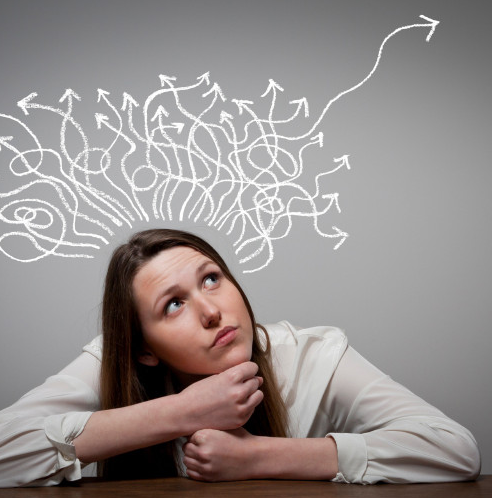
It seems that more and more of our interactions are with automations and algorithms. Everything from your car manufacture and food production to your Facebook feed and content consumption. And, as marketers, we interact with these technologies on a daily basis while strategizing and optimizing online marketing campaigns. So, how do we work within this new world? We strive for a balance between machine learning and human problem solving.
The World of Search Engine Automation
In the world of Search Engine Marketing (SEM), algorithms are becoming a powerful tool for effective campaigns. Because of this, it’s important for us to work with and improve upon the capabilities of algorithms. In an article for Search Engine Land, Frederick Vallaeys says,
“Automation is taking over a lot of the tasks humans have historically done in PPC; but as this shift continues, there will be plenty of new opportunities for PPC experts and agencies to provide value to their clients.”
Vallaeys suggests that there are four ways to do this: marketers will help teach machines to learn, provide the creativity machines lack, be the ones to avert any disasters, and will employ the empathy that machines lack.
Teaching Machines
First, as we teach machines to learn, we’re able to make better decisions based off the answers we’re receiving from the algorithms we deploy. And no, machines are not ready to take over the world. As Vallaeys says, “The reality is that machine learning is still very dependent on humans. We program the algorithms, we provide the training data, we even manipulate the training data to help the machine get it right.” That said, machines are able to analyze thousands of data sets quickly, allowing us the time to review and implement the data we get.
Creating Solutions
Second, marketers are able to provide creative solutions that machines are unable to provide. It’s about working collaboratively with automations and using old concepts in new ways to test. In a 2005 experiment, Playchess.com had a chess tournament where teams could compete with other players or a computer. According to chess grandmaster Garry Kasparov, “The chess machine Hydra, which is a chess-specific supercomputer like Deep Blue, was no match for a strong human player using a relatively weak laptop. Human strategic guidance combined with the tactical acuity of a computer was overwhelming.” This is a huge advantage for any digital marketing campaign.
Avoiding Disasters
Third, marketers will be able to avert campaign issues as they come. Problems will occur during a campaign, but being able to mitigate any issues that may arise is something humans have over machines. It’s about the questions we ask that helps turnaround a campaign that is under performing. By working in conjunction with algorithms, we’re able to make quicker, smarter decisions.
Understanding Empathy
And finally, humans have empathy. As of now, machines are not able to make a connection with a client or product. There is no emotional response to the outcome of a campaign. I think Vallaeys puts it well when he says, “Understanding the nuances of your client’s business (which will help you come up with new ideas to test), understanding their fears about PPC, understanding their frustrations with the last account manager and so on. All this will help you have a more productive relationship with them.”
Keeping Humans Relevant
Machines are wonderful things. They provide us with endless opportunities and conveniences. Understanding how to work with them is key to progressing your work and providing better results. So, the good news is, humans are not obsolete… yet.